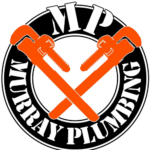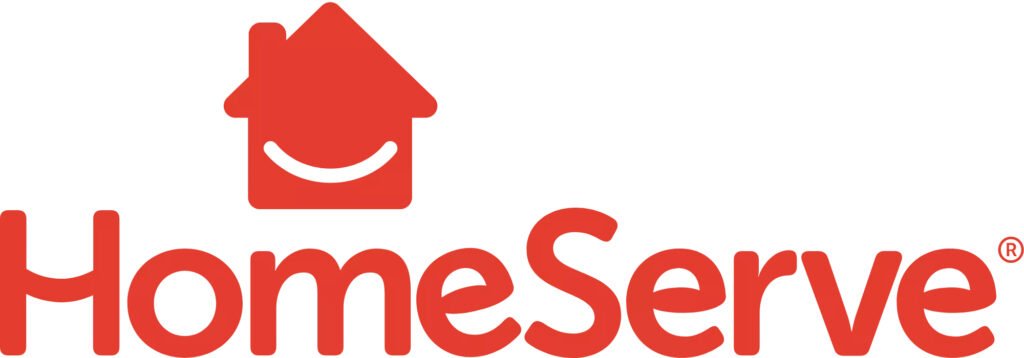Plumbing emergencies happen quickly and cause expensive damage. Prevention saves money and stress. Follow these simple tips to avoid plumbing problems.
Check for Leaks Regularly
Small leaks grow into big problems. Check under sinks, around toilets, and near appliances. Look for water stains or puddles. Fix leaks right away.
Do Not Ignore Slow Drains
A slow drain signals buildup. Hair, grease, and debris block pipes. Use a drain snake or safe drain cleaner. Avoid chemical cleaners that damage pipes.
Know How to Shut Off Water
Locate your home’s main water shut-off valve. Test it to ensure it works. Teach family members how to turn off the water. This step limits damage during a plumbing emergency.
Avoid Flushing Problem Items
Flush only toilet paper. Do not flush wipes, paper towels, or feminine products. These clog pipes and cause backups.
Protect Your Drains
Install drain covers to catch hair and debris. Clean covers often. Do not pour grease down drains. Grease solidifies and causes blockages.
Insulate Pipes in Cold Weather
Frozen pipes burst and cause flooding. Insulate exposed pipes in basements, attics, and crawl spaces. Allow faucets to drip on very cold nights.
Service Your Water Heater
Sediment builds up in water heaters. Flush the tank once a year. Check for rust or leaks. Schedule professional maintenance.
Watch Water Pressure
High water pressure strains pipes. Use a water pressure gauge to check levels. Ideal pressure ranges from 40 to 60 psi. Install a pressure regulator if needed.
Know Your Pipes’ Age
Older pipes corrode and weaken. If your home has old pipes, consider replacement. Newer materials last longer and reduce risk.
Check Appliance Hoses
Dishwashers and washing machines have hoses that wear out. Inspect them for cracks and leaks. Replace old hoses with stainless steel versions.
Clear Gutters and Downspouts
Clogged gutters overflow and cause water to pool around foundations. This can lead to basement flooding and pipe stress. Clean gutters twice a year.
Test Sump Pumps
Sump pumps prevent basement flooding. Pour water into the sump pit to test operation. Replace sump pumps every 7 to 10 years.
Don’t Overload Garbage Disposals
Feed garbage disposals slowly. Avoid fibrous foods, bones, and grease. Run cold water before, during, and after use.
Check Outdoor Faucets
Before winter, turn off outdoor faucets. Drain the line and cover the spigot. This prevents freezing and bursting.
Monitor Water Bills
A sudden increase in water usage may signal a hidden leak. Compare bills monthly and investigate spikes.
Use Drain Cleaners Sparingly
Avoid frequent use of chemical drain cleaners. They damage pipes. Use mechanical tools like a plunger or drain snake.
Install Water Leak Detectors
Leak detectors alert you to water leaks. Place them near washing machines, water heaters, and under sinks.
Know Common Warning Signs
Gurgling sounds, water stains, and reduced water flow all indicate potential problems. Address these signs early.
Avoid DIY if Unsure
Small fixes are fine, but complex plumbing repairs need professionals. Avoid making the problem worse with incorrect repairs.
Replace Old Fixtures
Faucets, toilets, and showerheads wear out. Replace older fixtures to prevent leaks and save water.
Be Careful with Tree Roots
Tree roots grow into sewer lines. Avoid planting trees near sewer lines. Schedule regular sewer line inspections.
Use Drain Screens in Showers
Hair builds up quickly in shower drains. Use screens to catch hair and clean them regularly.
Be Aware of Water Hammer
Loud banging sounds from pipes indicate water hammer. Install air chambers or water hammer arrestors to fix this.
Store Plumber Contact Information
Keep the contact information of a trusted plumber handy. Call quickly during emergencies.
Conclusion
Plumbing emergencies create stress and cost money. Regular checks and good habits prevent problems. Follow these tips to protect your home and avoid scary plumbing emergencies.



